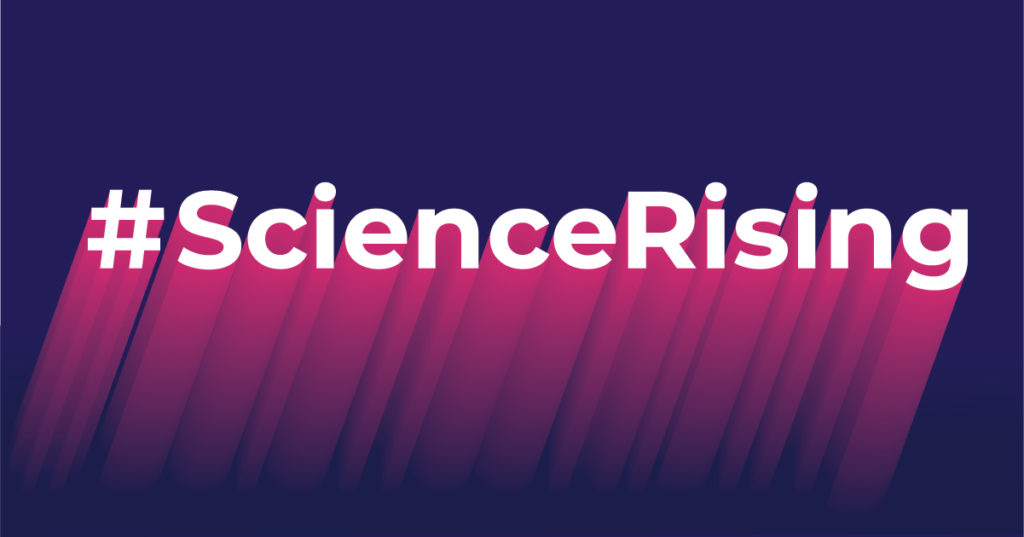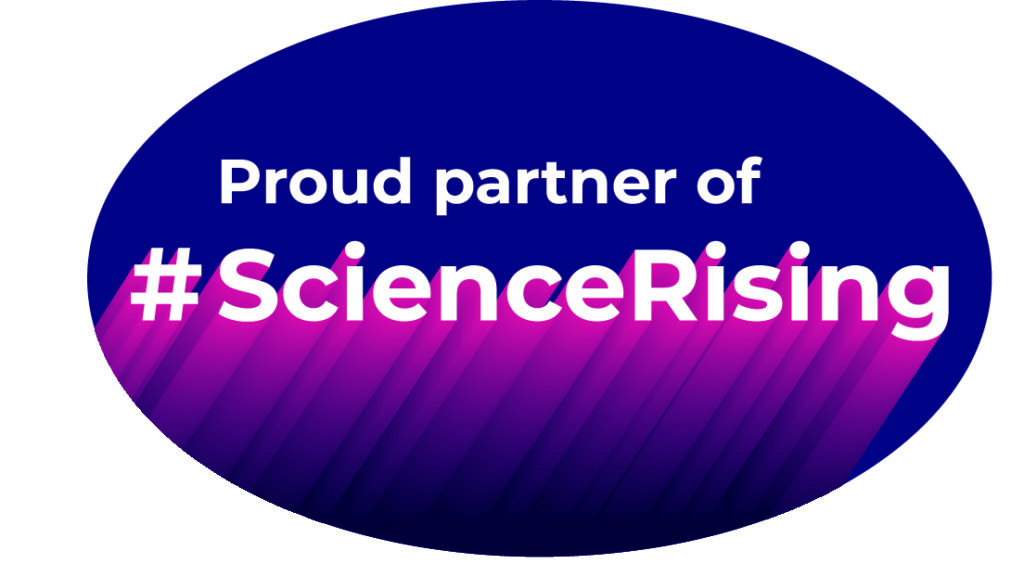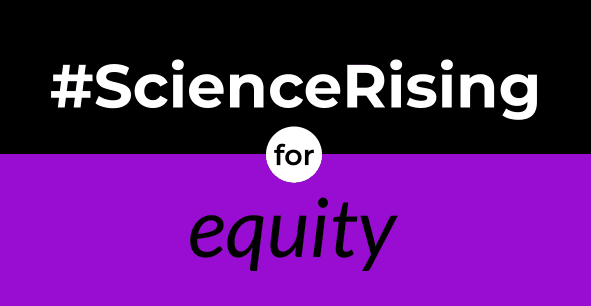A wealth of resources are available to help turn your energy and motivation into real actions that make a difference. The links below showcase the many ways you can take action, strengthen your civic engagement skills, or organize your community.
QUICK LINKS:
- Participate in our democracy: Register to vote!
- Organize a training or event
- Engage with policymakers
- Bring science to the public spotlight through local media
- Bring your skills and resources to support local communities
- Team up with advocates on social media to spark a public dialogue
- Science Rising signs and visual resources
Resources are drawn from the many groups participating in Science Rising, along with a broader network of civic advocacy groups.
Step one of democracy: Register to vote
Democracy depends on public participation. Encourage, motivate, and inspire your community to engage in the democratic process. Help your friends, neighbors, and community members to register to vote and organize online events and activities to support voter registration and turnout. Science Rising encourages everybody who is eligible to vote to do so. Click here to get started.
- Register to vote, check your registration, request your ballot by mail, and receive important voting updates using Vote.org
- State-specific voting information and student voting guide
Organize an online training or event
Help your peers learn and sharpen their skills in science advocacy, science policy, or other ways to elevate the role of science in our political process.
- Organize an event or activity
- Checklist: how to organize an event
- Planning an inclusive and accessible event
Engage with policymakers
From starting a conversation with your elected officials to coordinating call-in days to hosting a digital party that generates personal letters or public comments, teaming up with fellow science advocates and partners can significantly increase your influence on policymakers—and help to hold them accountable for how they act on science.
Bring science to the public spotlight through local media
Whether it’s joining forces on a group op-ed, meeting online or by phone with your local editorial board, or getting an online group together to craft letters-to-the-editor, you can help make science accessible and set the record straight on misinformation.
- Elevate your voice: write an op-ed
- Getting media to cover your event: the basics
- Writing a letter to the editor
- Writing a brilliant press release
Bring your skills and resources to support local communities
Engage your community and connect with a local community group to offer technical support or scientific assistance. Listen to community needs and help connect them with the right scientific resources or expertise they need to advocate for themselves.
- Host an online public education event with community groups
- Building strategic local action
- Different Voices, Same Message webinar: integrating science and justice
Team up with advocates on social media to spark a public dialogue
Come together with science advocates across the country to raise awareness about issues at the intersection of science and equity, and invite others to the dialogue.
Science Rising signs and visual resources
To help highlight participation in Science Rising, we offer the following visual resources:
- Download these Science Rising Powerpoint slides for your next presentation on promoting STEM civic engagement.
- A note on printing signs: To produce signs for rallies or other events where people will be holding up the sign, ask your local print shop for 100# (100-pound) cover stock, double-sided. For hanging up at an event, a more standard 20# paper weight, single-sided is generally sufficient.
- Stickers are also available—contact support@sciencerising.org for more information.
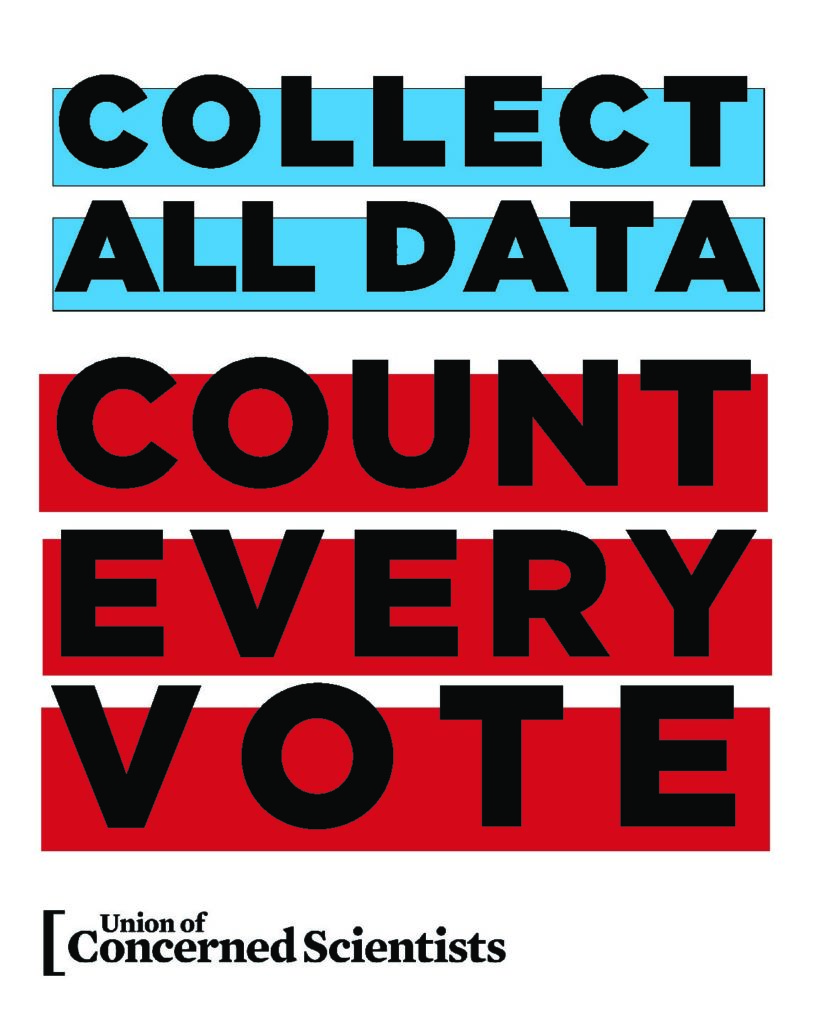
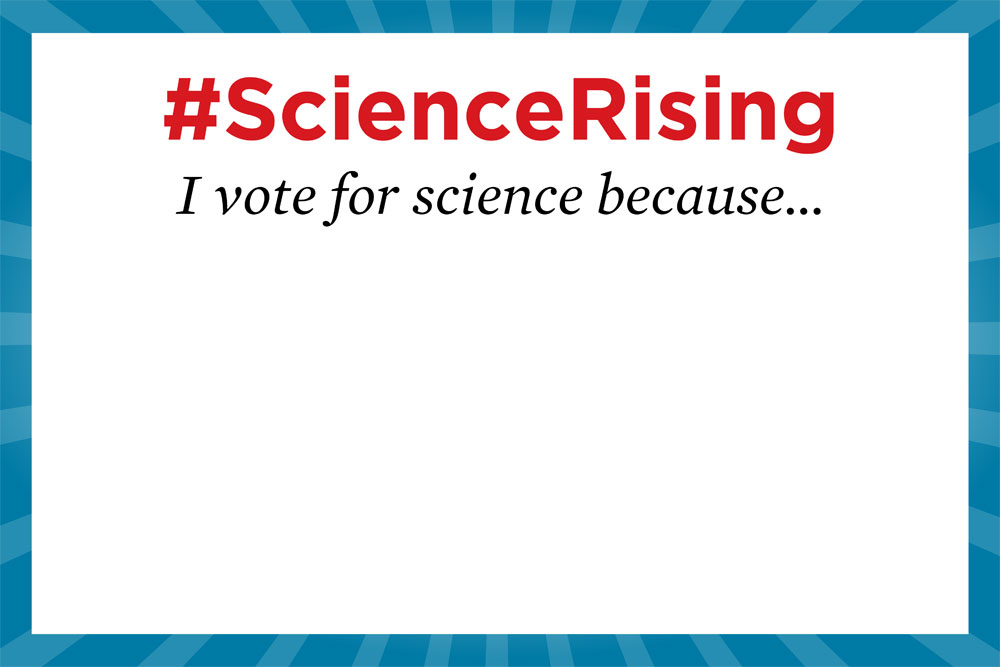
Download the English version or Spanish version of our TurboVote and Science Rising videos or retweet the English version or Spanish version.


